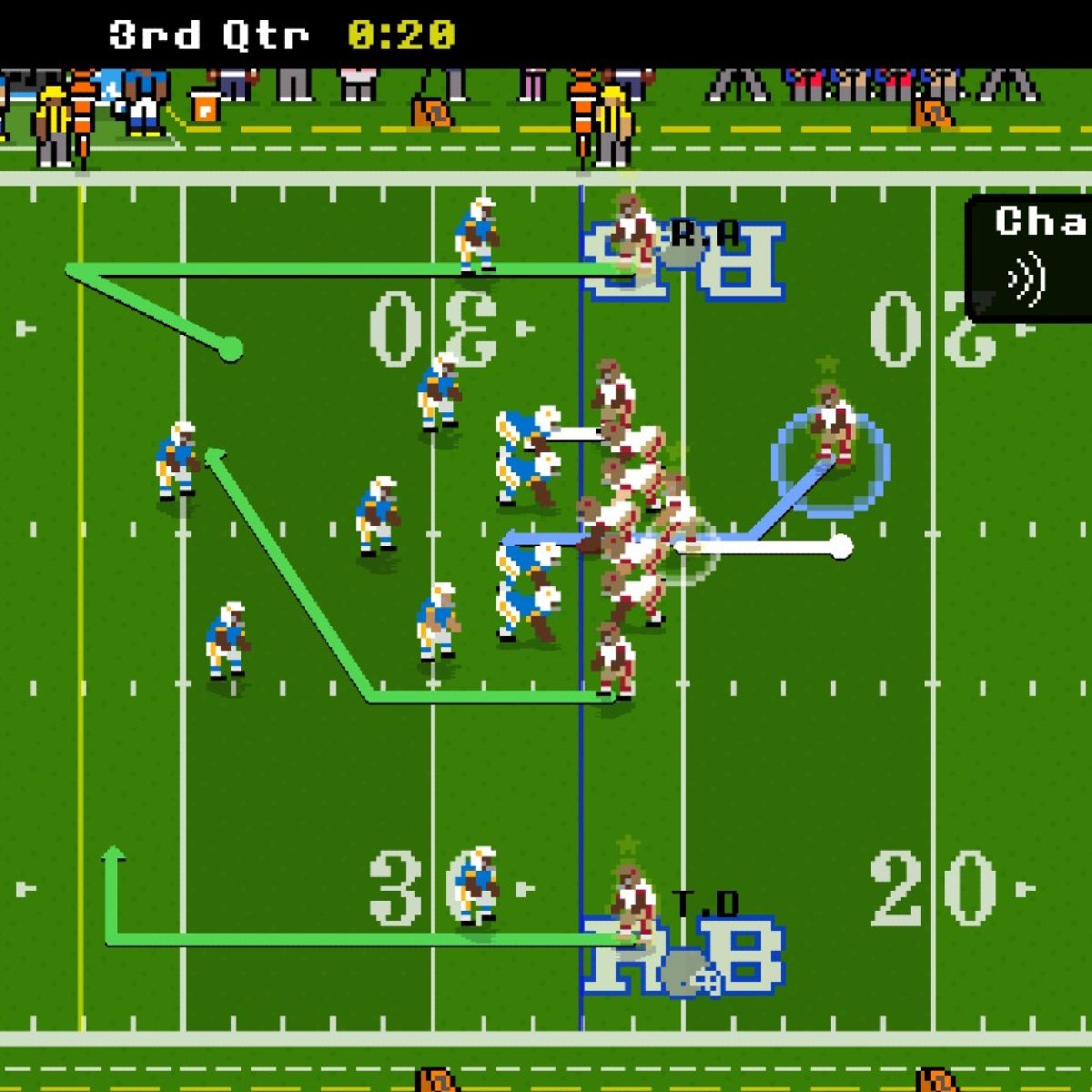Introduction:
Retro Bowl GitHub is a platform where users can access and contribute to the source code of the popular mobile game Retro Bowl. In this report, we will explore the benefits of Retro Bowl GitHub, the contributions made by the community, and how it has impacted the development of the game.
Benefits of Retro Bowl GitHub:
One of the main benefits of Retro Bowl GitHub is that it allows for transparency in the development process. Players can view the current state of the game’s code, track any changes that have been made, and even suggest improvements or report bugs. This level of transparency builds trust with the community and ensures that Retro Bowl is constantly evolving and improving.
Another benefit of Retro Bowl GitHub is the opportunity for players to contribute to the game themselves. By submitting code changes, bug fixes, or new features, players can actively participate in shaping the future of Retro Bowl. This not only gives players a sense of ownership over the game but also helps to foster a vibrant and engaged community.
Contributions:
Since the launch of Retro Bowl GitHub, the community has made numerous contributions to the game. These contributions range from simple bug fixes and optimizations to more complex features and enhancements. Some of the most notable contributions include:
– Improved game performance: Several community members have made optimizations to the game’s code, resulting in better performance and smoother gameplay on a wider range of devices.
– New gameplay features: Players have suggested and implemented new gameplay features, such as customizable team uniforms, player statistics tracking, and enhanced coaching options.
– Bug fixes: The community has been quick to identify and report bugs in Retro Bowl, leading to rapid fixes and updates from the development team.
Impact on Retro Bowl Development:
The contributions made by the Retro Bowl GitHub community have had a significant impact on the development of the game. By leveraging the skills and knowledge of the community, the development team has been able to address issues more quickly, experiment with new ideas, and ultimately create a better gaming experience for all players.
Additionally, Retro Bowl GitHub has fostered a sense of collaboration and camaraderie among players and developers. The open dialogue between the two groups has led to a deeper understanding of what players want from the game and how best to deliver on those expectations. This ongoing collaboration has been instrumental in shaping the direction of Retro Bowl and ensuring its continued success.
Conclusion:
In conclusion, Retro Bowl GitHub has proven to be a valuable asset for the Retro Bowl community. By providing a platform for transparency, collaboration, and contribution, Retro Bowl GitHub has empowered players to take an active role in the development of the game. This level of engagement has not only strengthened the bond between players and developers but has also led to tangible improvements in the game itself. Retro Bowl GitHub serves as a shining example of how open-source development can benefit both players and developers alike.

